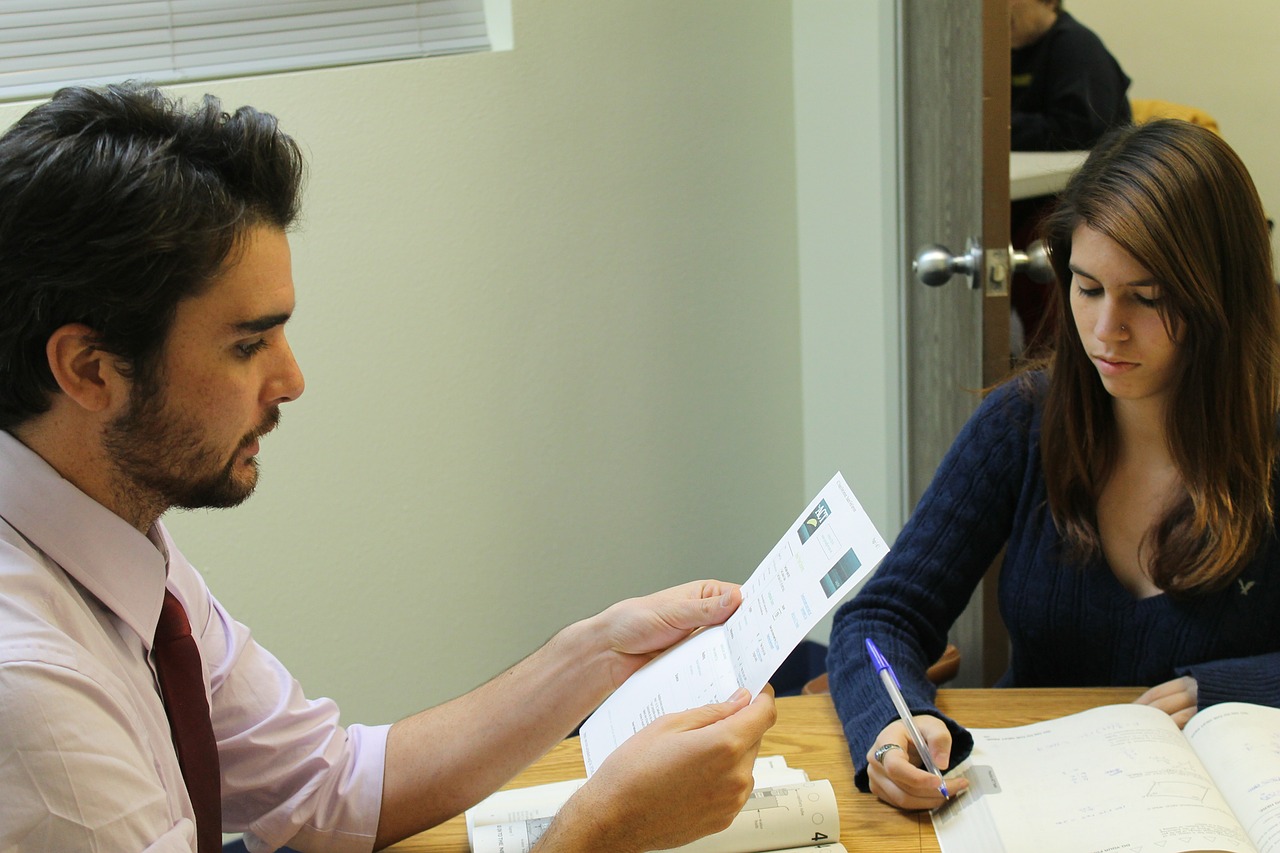One of the most stressful personal finance issues that individuals face is building and maintaining an excellent credit score. With a great credit score, you will end up paying less in the long run by getting lower interest rates, plus you may qualify for promotions, not to mention credit cards with excellent rewards.
Several factors come into consideration when calculating a credit score, one of which is credit history. To establish a credit history, you will need to get a credit card or take out and repay a loan; however, this can be a bit of a problem for younger individuals, as they will likely not qualify for good rates without a prior credit history.
The term credit history refers to the record of how an individual has managed their debt. Their history depends on the number of accounts they have had, including current and closed ones, as well as the amount owed on each account. Credit history also takes into account payment history and any delinquencies that may have occurred. Credit bureaus generate reports based on information from creditors, and these reports show a person’s credit history. Consumers are entitled to at least one free copy of their credit report each year (and it is always a good idea to look at your credit history and make sure it is accurate). A longer and more positive credit history translates to a better credit score.
Establishing a Credit History with Credit Cards

Without a credit history, getting a credit card can be difficult, but at the same time, using a credit card is one of the best ways to establish credit. Therefore, younger individuals can ask to become an authorized user on a parent’s credit card to help establish a history. Provided that cardholders pay bills on time and refrain from racking up too much debt on the account, they should see a significant positive effect on their credit score; this could help them open up their own accounts down the line.
If it is not possible to get added as an authorized user on an existing account, there are other options. For example, when it comes to student cards, card issuers often have more leniency regarding income and credit history. While these cards will have low limits, they are a great way to get started with establishing a credit history.
Another option is opening a store credit card. For the most part, retail credit cards have eligibility requirements that are less strict than other cards. However, it is important to recognize that these options often come with low limits and high interest rates. For that reason, you should make sure to pay off what you charge each month. Doing this will still help you build a credit history by showing you can make regular monthly payments.
The Un-Credit Card Approach to Building Credit
If none of the options above work for establishing a credit history, you can investigate getting a secured credit card. These cards require a deposit, which can be as high as the credit limit of the card. That way, if you fail to pay the bill, issuers can use that deposit to cover the expense. Since secured credit cards have this sort of backup, qualifying for them is quite easy. Best of all, provided that you continue to make monthly payments, you will quickly establish a good credit history. Some of these secured cards offer rewards, which can make the prospect of paying the deposit more palatable.
As financial technology companies continue to evaluate creditworthiness through unique means, other forms of un-credit cards are growing more common. One example is the Petal Visa card, which is aimed at people with no credit and charges zero fees to users. Best of all, users get a certain percentage of cash back on their purchases—and this percentage increases over time as a reward for making on-time payments.
Getting a Petal card requires that you link the account to your bank so that the company can verify cash flow. The limit of the card can be as high as $10,000, depending on cash flow and existing credit. This limit is much higher than that of secured cards.
Building Credit History through Personal Loans

Taking out a credit card is not the only way to build a credit history (although it is often the easiest strategy). You can also think about taking out a loan, which can be done alongside a credit card.
Community banks and credit unions sometimes have loans designed to help people build credit. The lender will put the loan, which is generally less than $1,000, into a deposit account, and then you make payments based on principal and interest according to a set schedule. Once you have paid off the loan, they get the money back and can sometimes make some interest on top of it. This option is a great way to build some credit history without the risk of opening a credit card account.
Before taking out this kind of loan, you should verify that the lender will share reports will Equifax, Experian, and TransUnion to build your credit appropriately.

